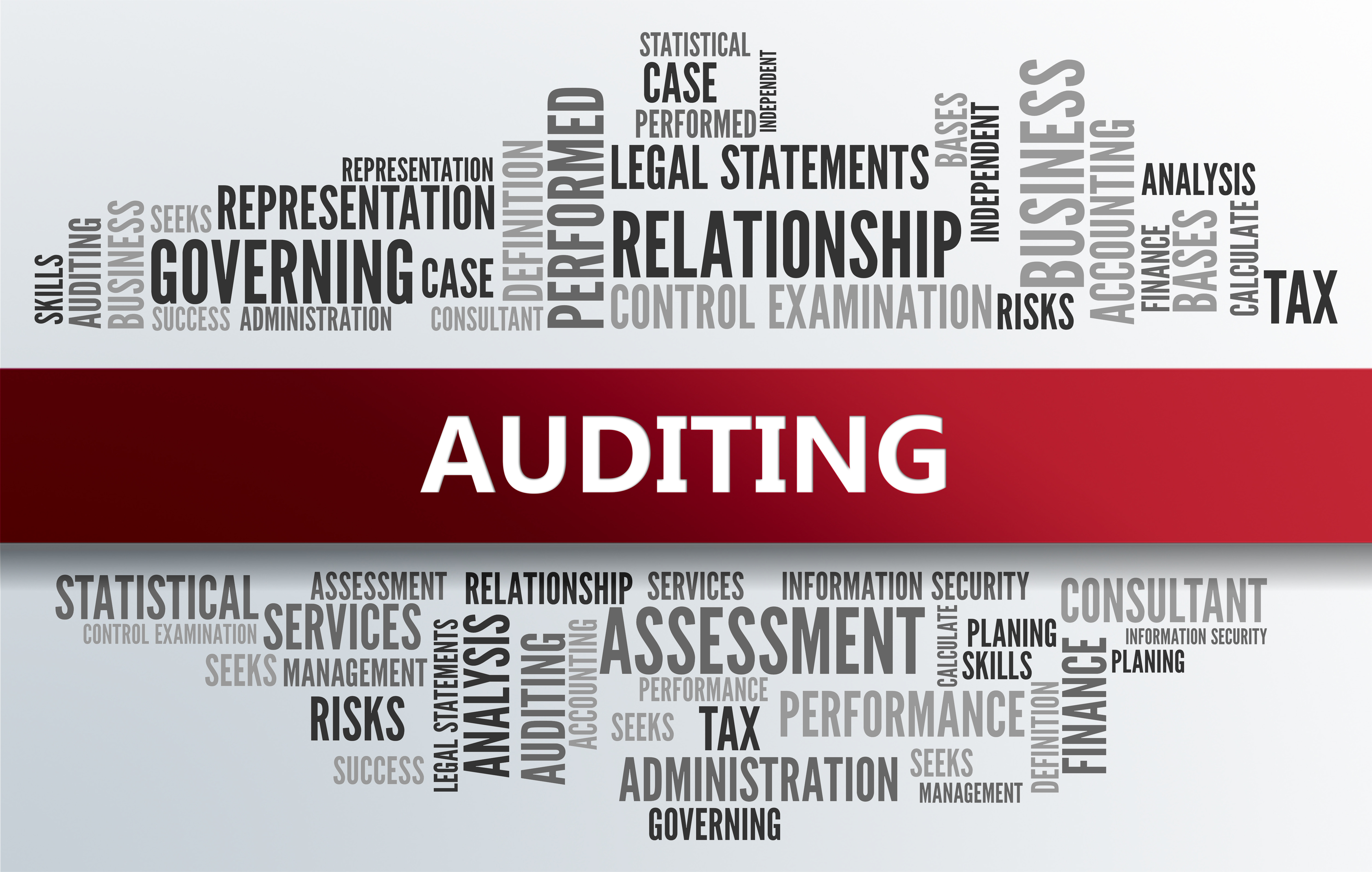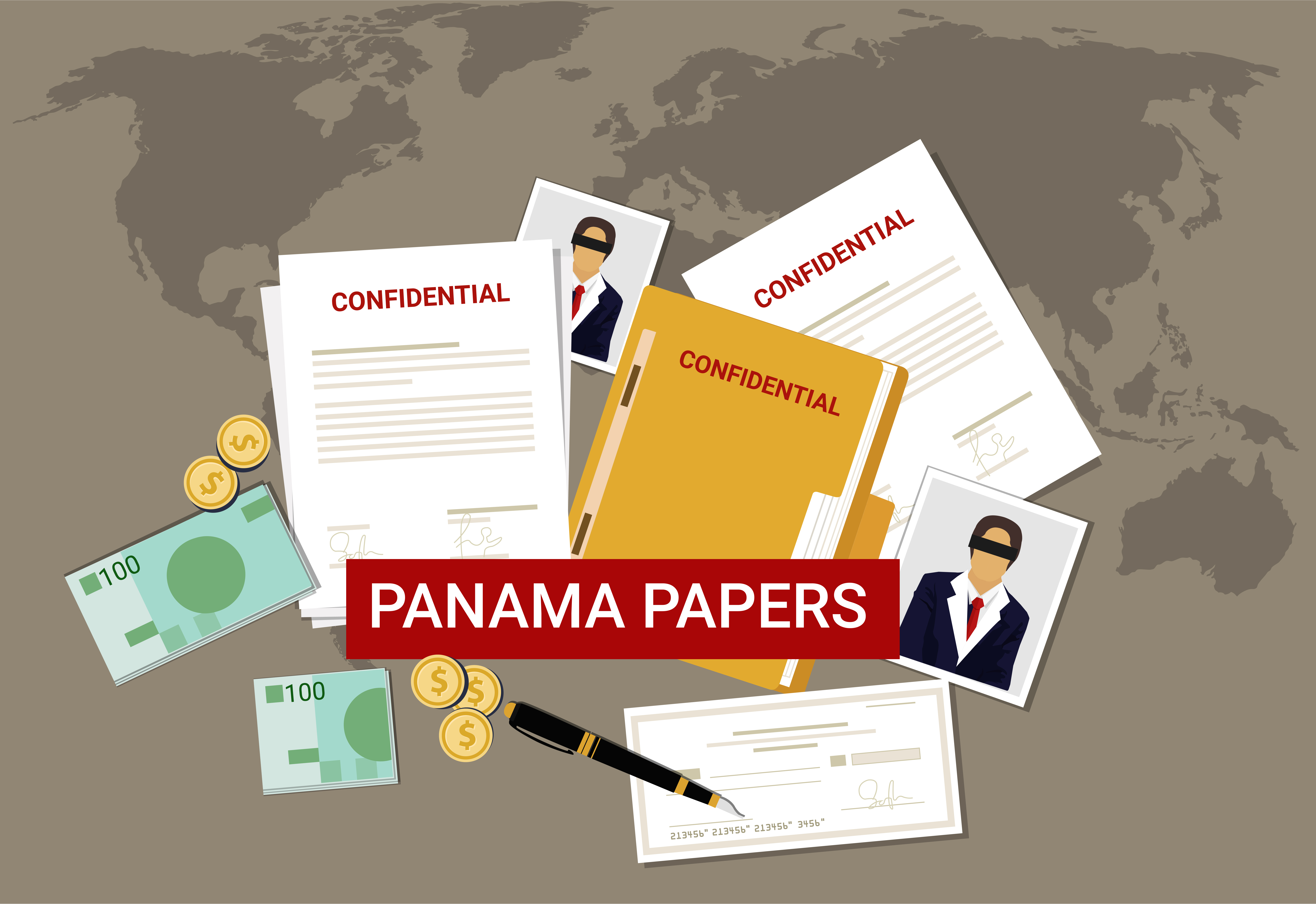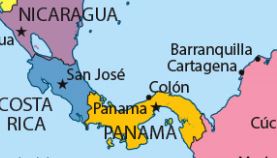Yet another banking fiasco – Opening two million fake accounts to meet sales targets

Deep sigh. Another banking fiasco hit the papers yesterday. The Wall Street Journal reported Wells Fargo to Pay $185 Million Fine Over Account Openings.
The bank will pay a mere $185M to settle claims brought by OCC, CFPB (Consumer Finance Protection Bureau, the new creation of the Dodd-Frank legislation), and LA city attorney.
This scheme involved customer-facing employees opening fake bank accounts in the name of existing customers without the customer’s permission. Another variation is opening a fake account in the name of a nonexistent customer. Article says sometimes money would be transferred from a customer’s account into the new, fake account with occasional NSF fees because there wasn’t enough money in the legitimate account to cover legitimate checks.
…
Yet another banking fiasco – Opening two million fake accounts to meet sales targetsRead More »
Yet another banking fiasco – Opening two million fake accounts to meet sales targets Read More »












